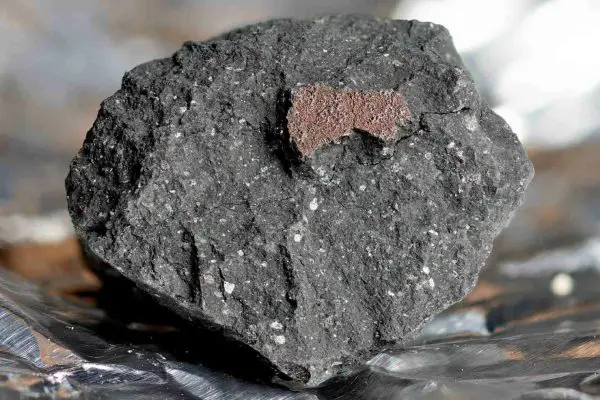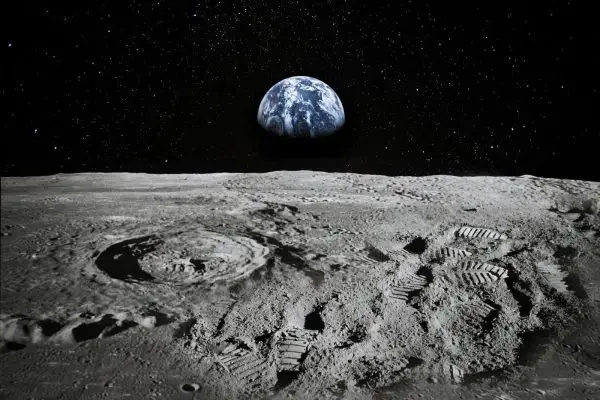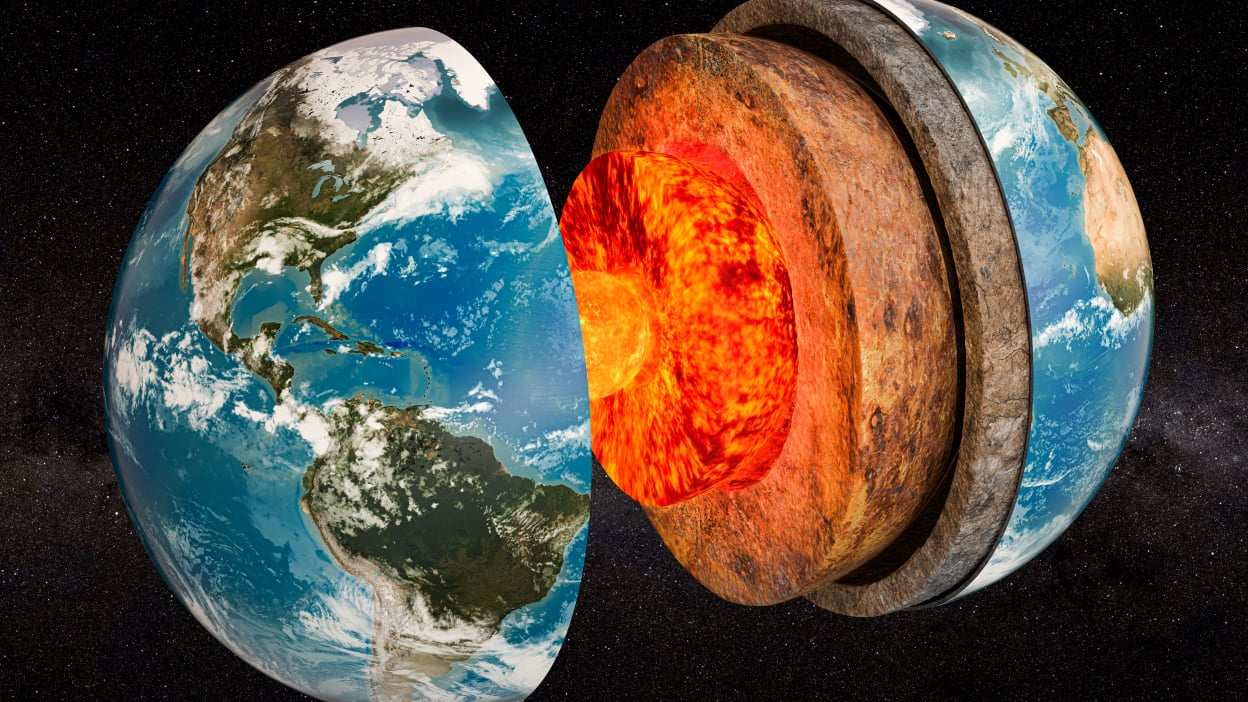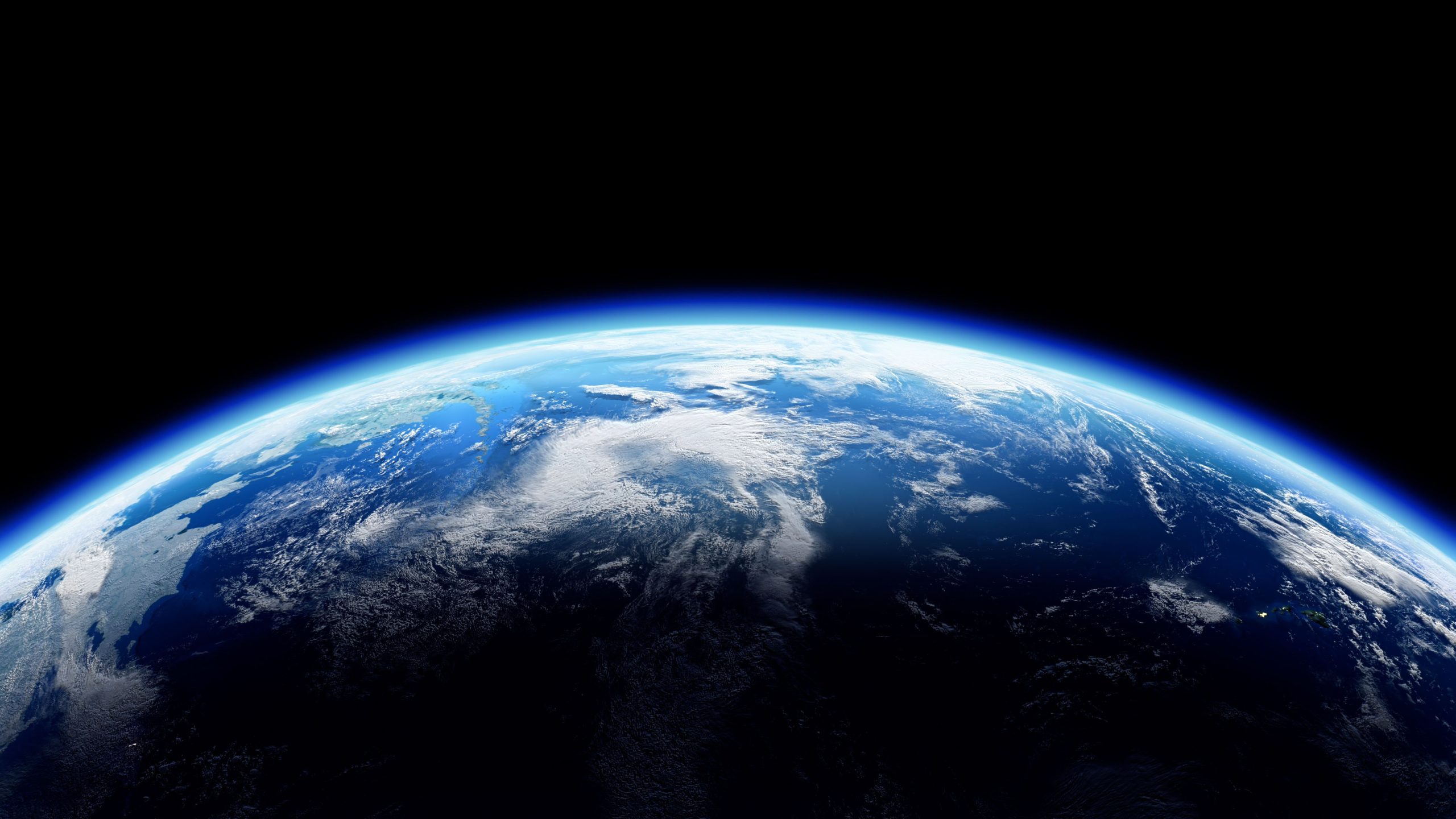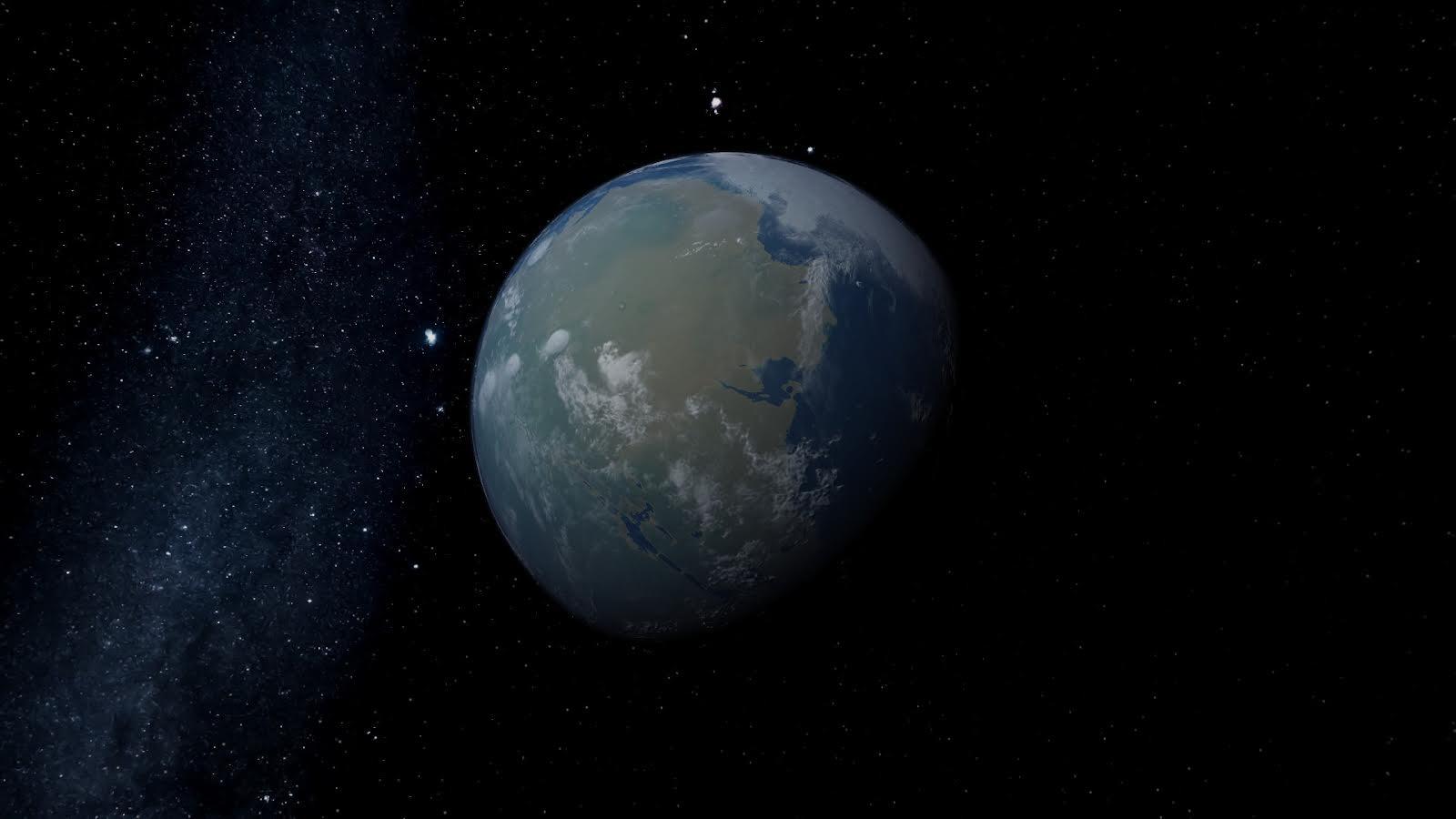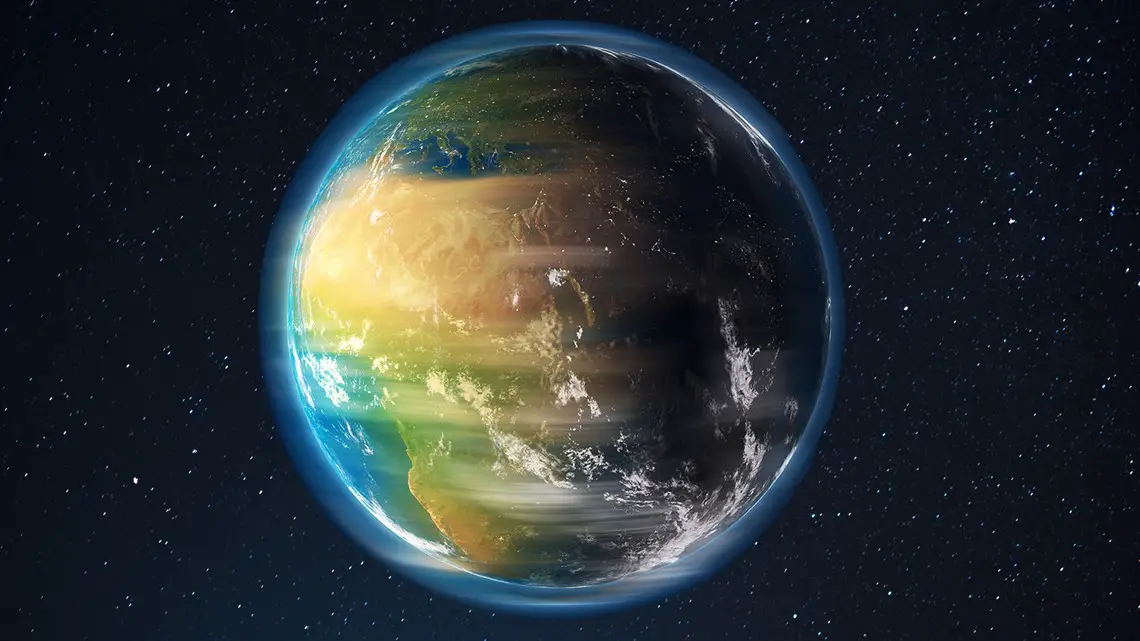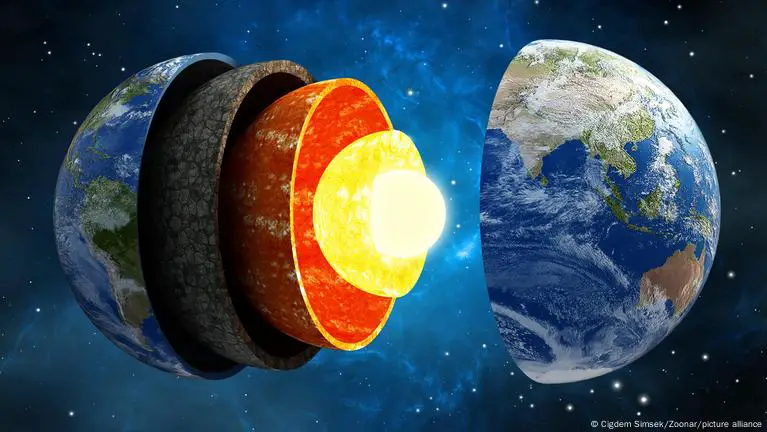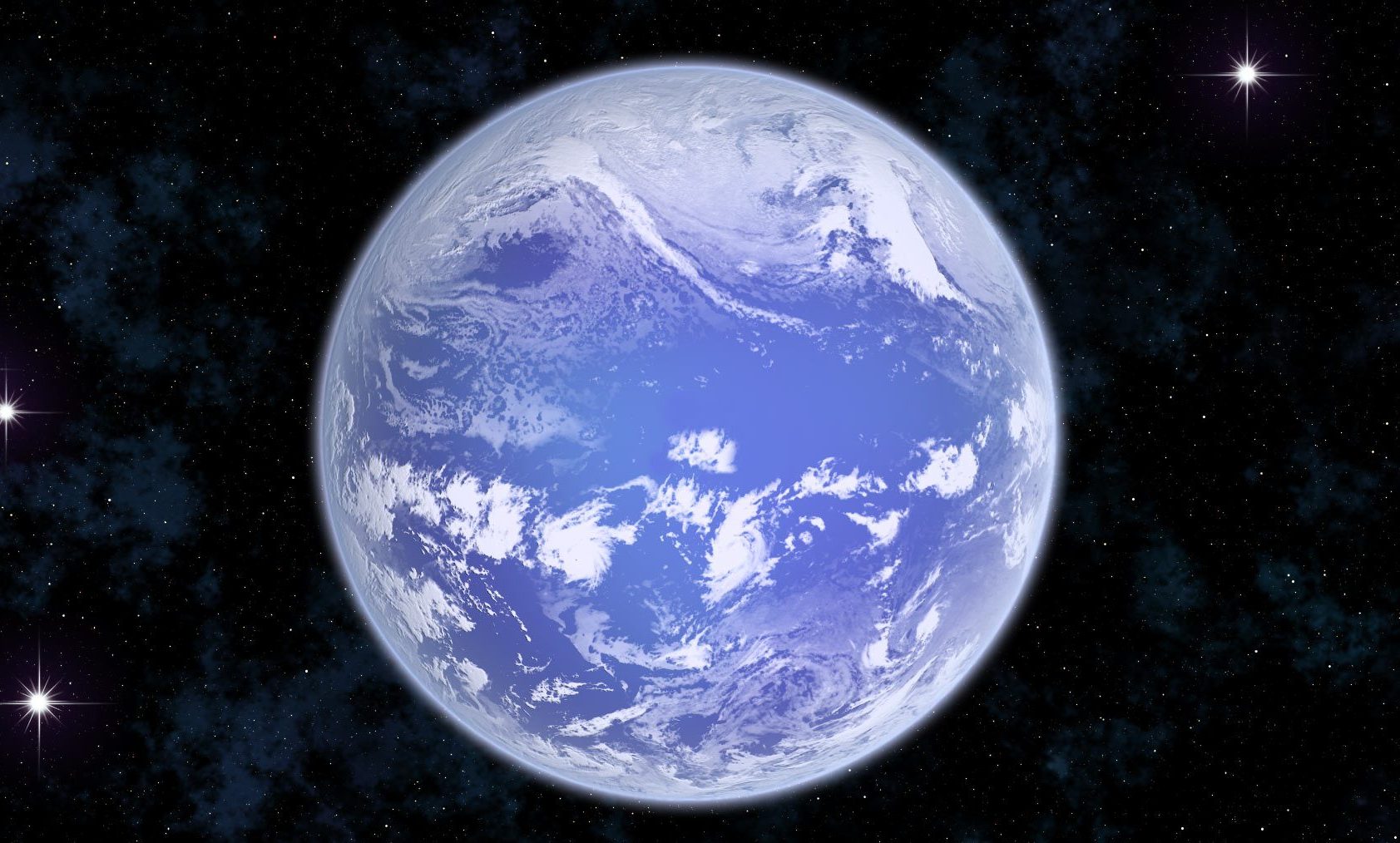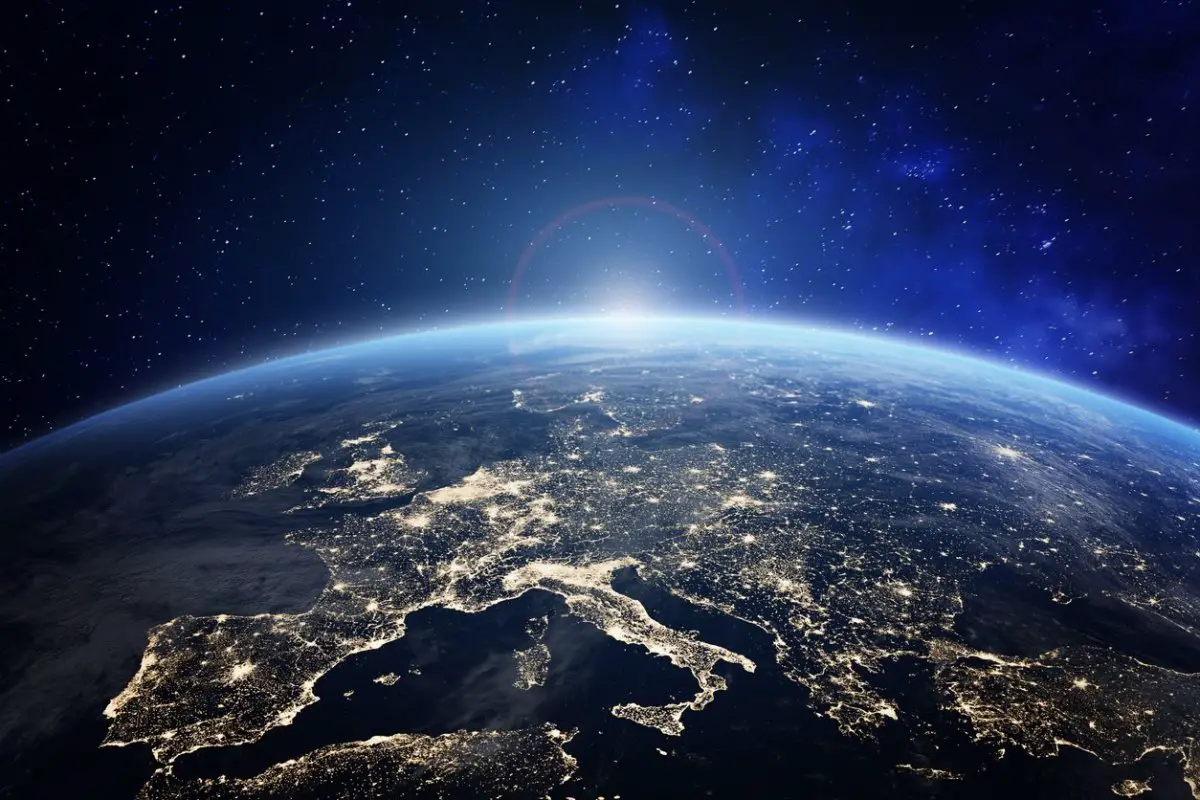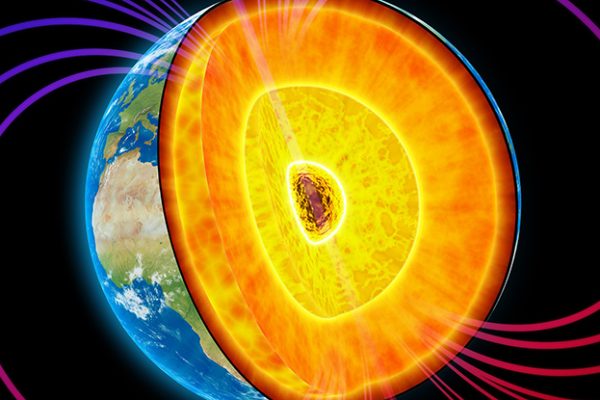
Earth’s Inner Core Has Been Slowing Down for Over a Decade
The Earth’s inner core has been slowing down since around 2010, subtly altering our days. Key Takeaways The Earth’s inner core has been slowing down for over a decade, moving slower than the surface. Scientists confirm that this shift affects the length of a day by tiny fractions of a second. Researchers analyzed seismic waves…
